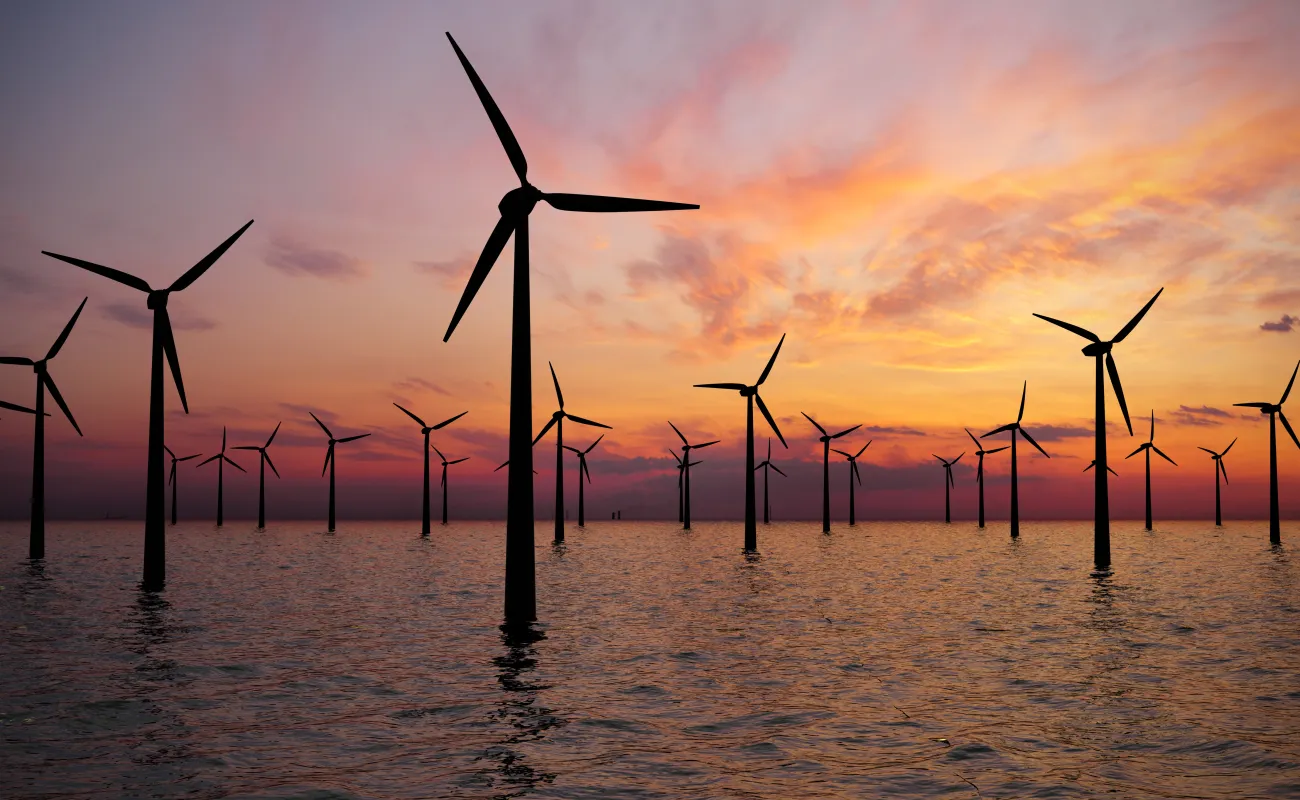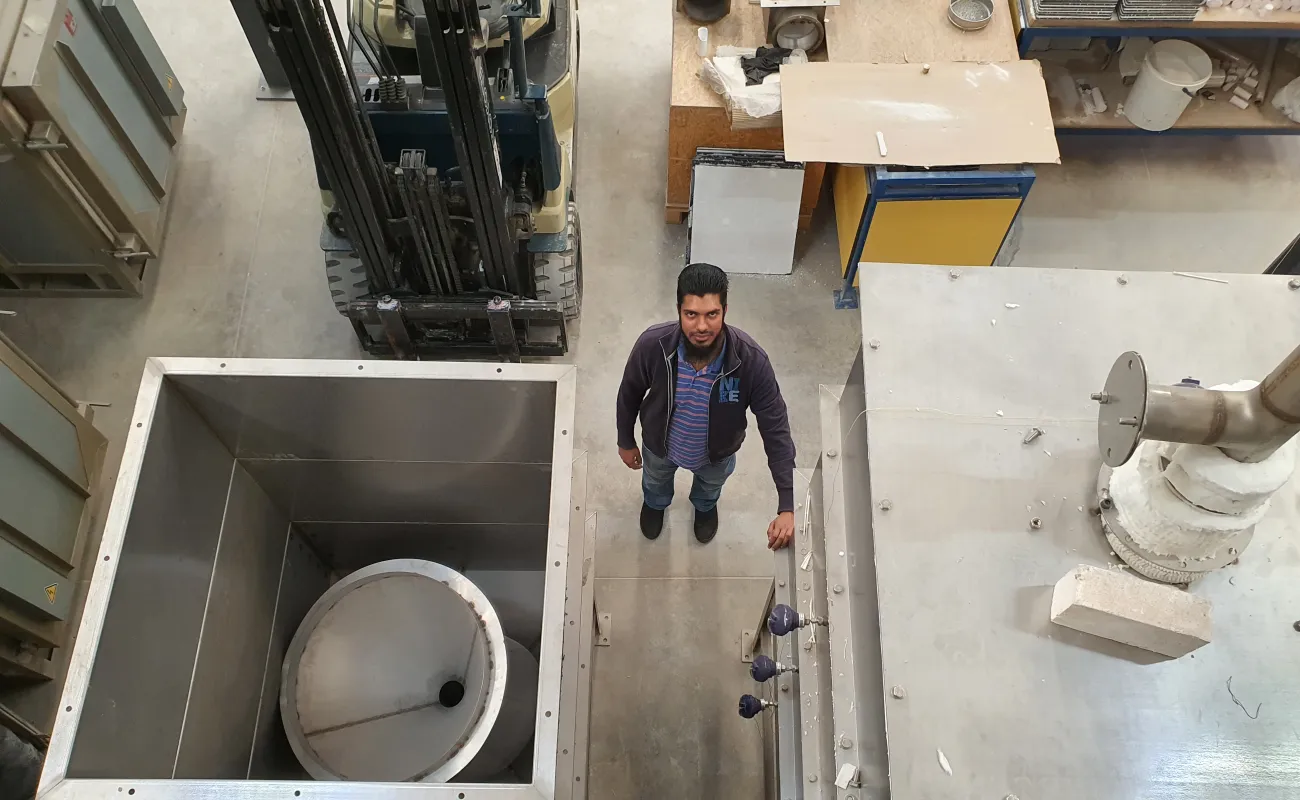Energy supply and demand
We provide independent, science-based techno-economic assessments that inform decision-making across industry, government and society. By combining advanced modelling with deep sector expertise, we help to chart pathways for a just and sustainable energy transition. Our work supports the integration of renewable and clean energy sources – including solar, wind, hydrogen and industrial excess heat – into the energy system, enabling reliable, affordable and low-carbon supply for the future.
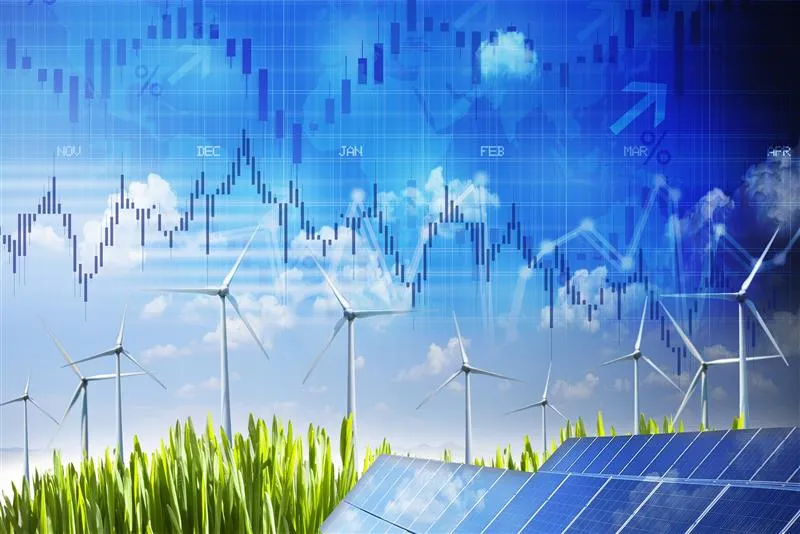
Contact information:
Highlights
Our research
We conduct independent scientific studies to support the integration of renewable and clean energies, with a focus on solar photovoltaics, wind energy, hydrogen and renewable energy forecasting. We also specialise in energy efficiency, demand response strategies and thermal energy systems, including energy optimisation, recovery and storage. Lastly, we provide techno-economic assessments of innovative and existing energy technologies to support evidence-based decision-making.
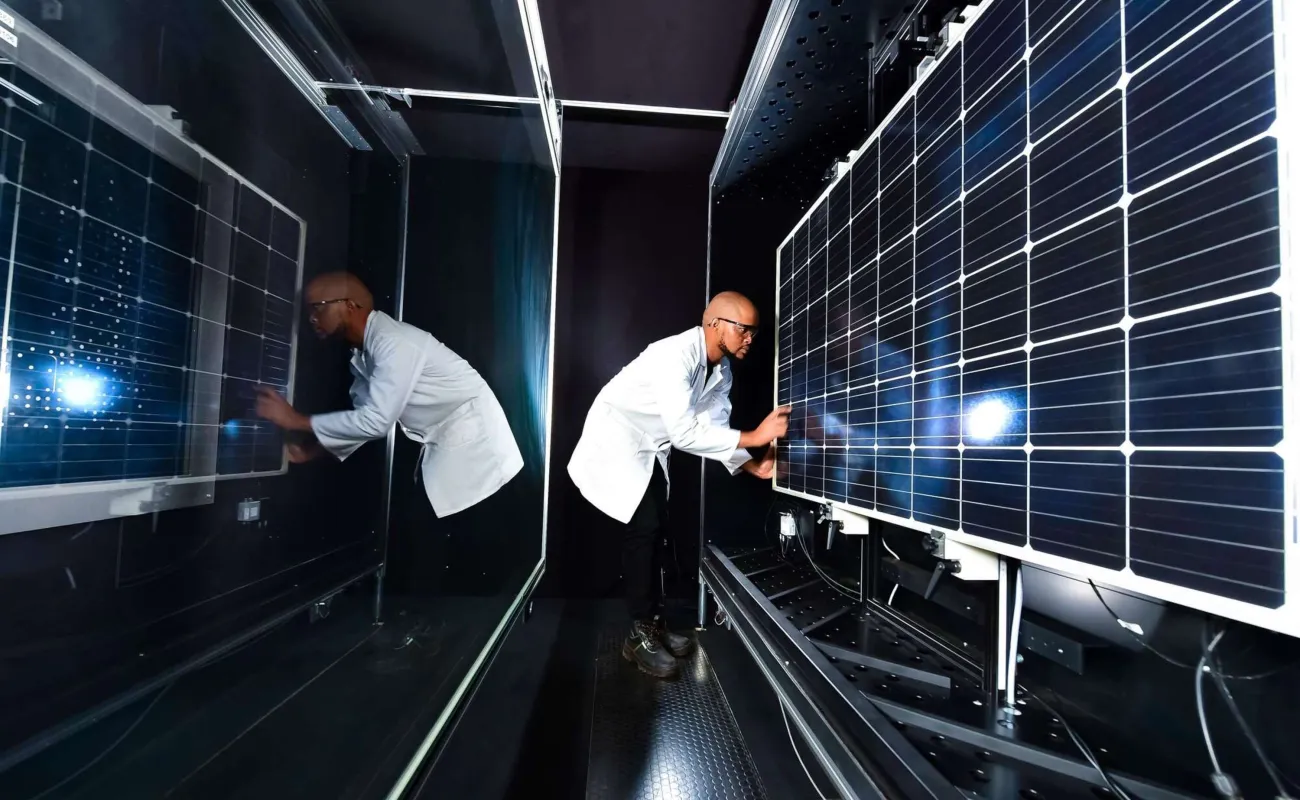
Risk reduction and decision support for solar PV projects
We have a quality and reliability laboratory for testing solar photovoltaic (PV) components to international standards. This reduces risks for local manufacturers, project developers, system owners and lenders in the PV value chain. The accelerated stress tests simulate potential real-world stressors within a few months in the laboratory rather than over a few years in the field. The laboratory conducts research and testing for domestic and imported PV module manufacturers, module mounting hardware manufacturers, operations and maintenance service providers and PV plant developers.

Wind energy for South Africa’s future
Our wind energy team combines cutting-edge research, industry expertise and innovative modelling to unlock the full potential of South Africa’s wind resources. From mapping and measurement to technology assessment and policy support, our work helps power a cleaner, more sustainable energy system for all.
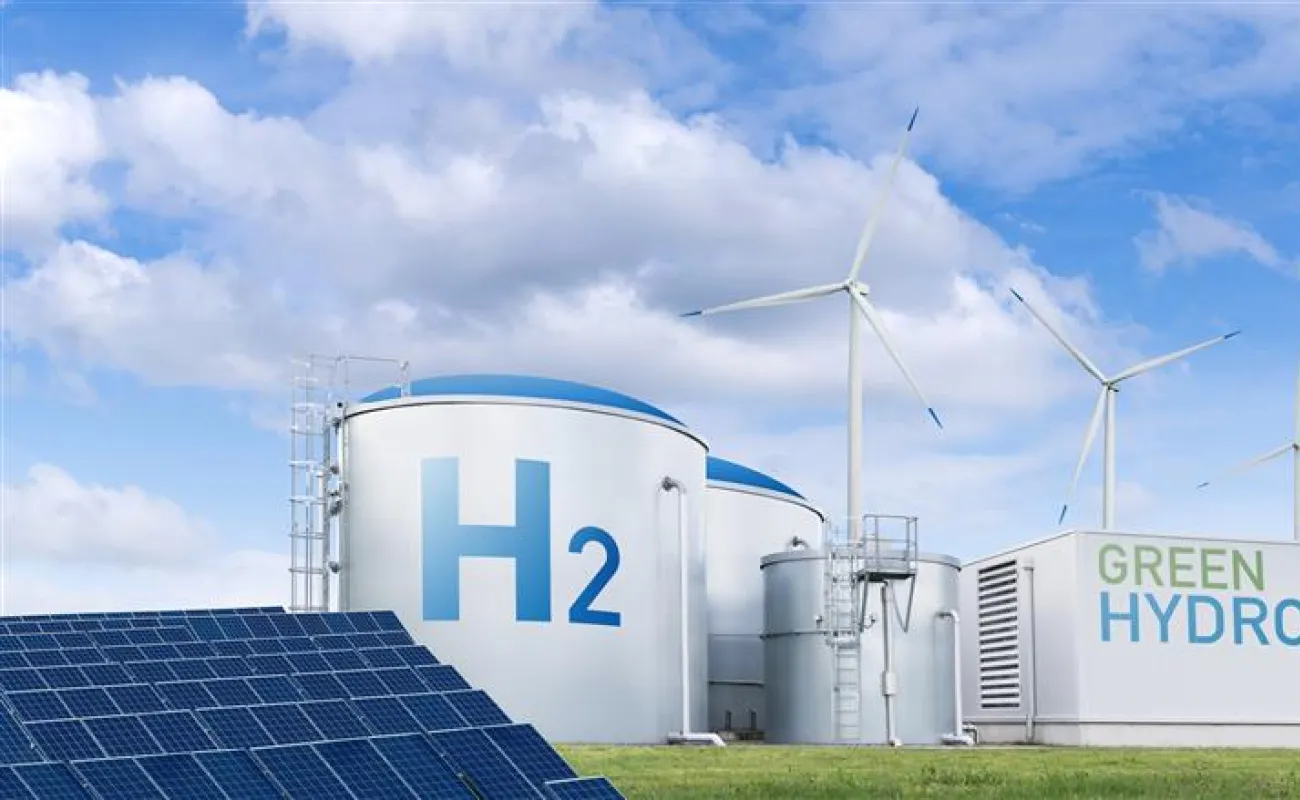
Techno-economics of green hydrogen and derivatives
We provide cost and market recommendations for public sector and private green hydrogen projects, at national and provincial level, as well as for legacy industries seeking to decarbonise. This includes analysing solar and wind energy potential to support the production and export of green hydrogen and its derivatives such as methanol, ammonia, green steel, e-kerosene, e-diesel and green iron, at strategic locations. We leverage the CSIR's diverse expertise to deliver integrated, strategic insights that advance South Africa’s green hydrogen ambitions.

Energy efficiency and demand response
We analyse energy costs for clients to identify potential savings and opportunities to implement more efficient technologies. Our work is critical in the context of South Africa being one of the least efficient countries in terms of converting energy into economic output, mainly due to its historical reliance on energy-heavy industries like mining and steel, combined with historically low electricity prices due to cheap coal. These factors discourage energy conservation, making energy price changes a major risk for the economy. There is also a need to improve the flexibility of energy demand to handle fluctuations from renewable sources like solar and wind. Our work addresses energy efficiency by analysing energy use and accurate demand forecasting in all sectors. This helps clients plan for the right amount and type of energy supply and balance supply and demand.

Thermal storage and heat recovery
Our work on thermal energy involves various techniques and technologies to optimise the energy efficiency of industrial processes and create sustainable heat from renewable sources. The CSIR sees significant opportunities in improving thermal processes with simulation tools and finding new ways to cut emissions and energy costs for South African industries. Focus areas include waste heat recovery and reuse, connecting power and heat sectors and using high- and low-temperature solar thermal systems for industrial heating and storage.
Work with us

We invite national and regional authorities, as well as public or private enterprises, to work with our team of techno-economic experts to help South Africa plan for renewable energy integration. Please contact our research group leader or send an email to @email.
